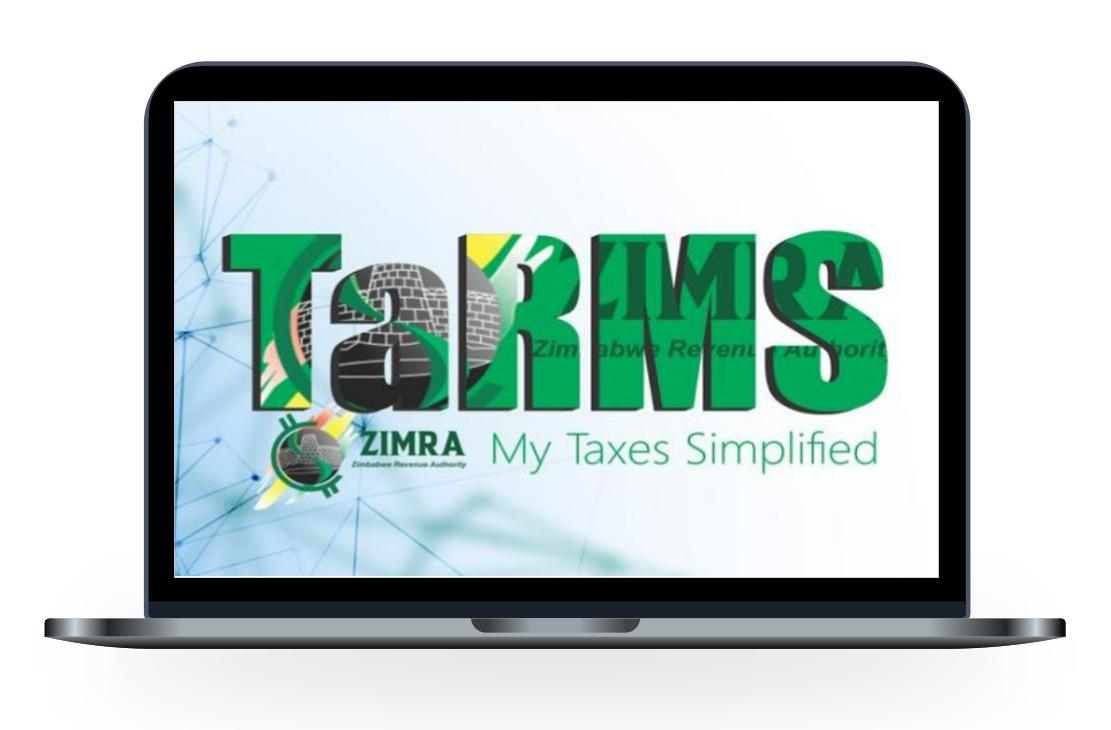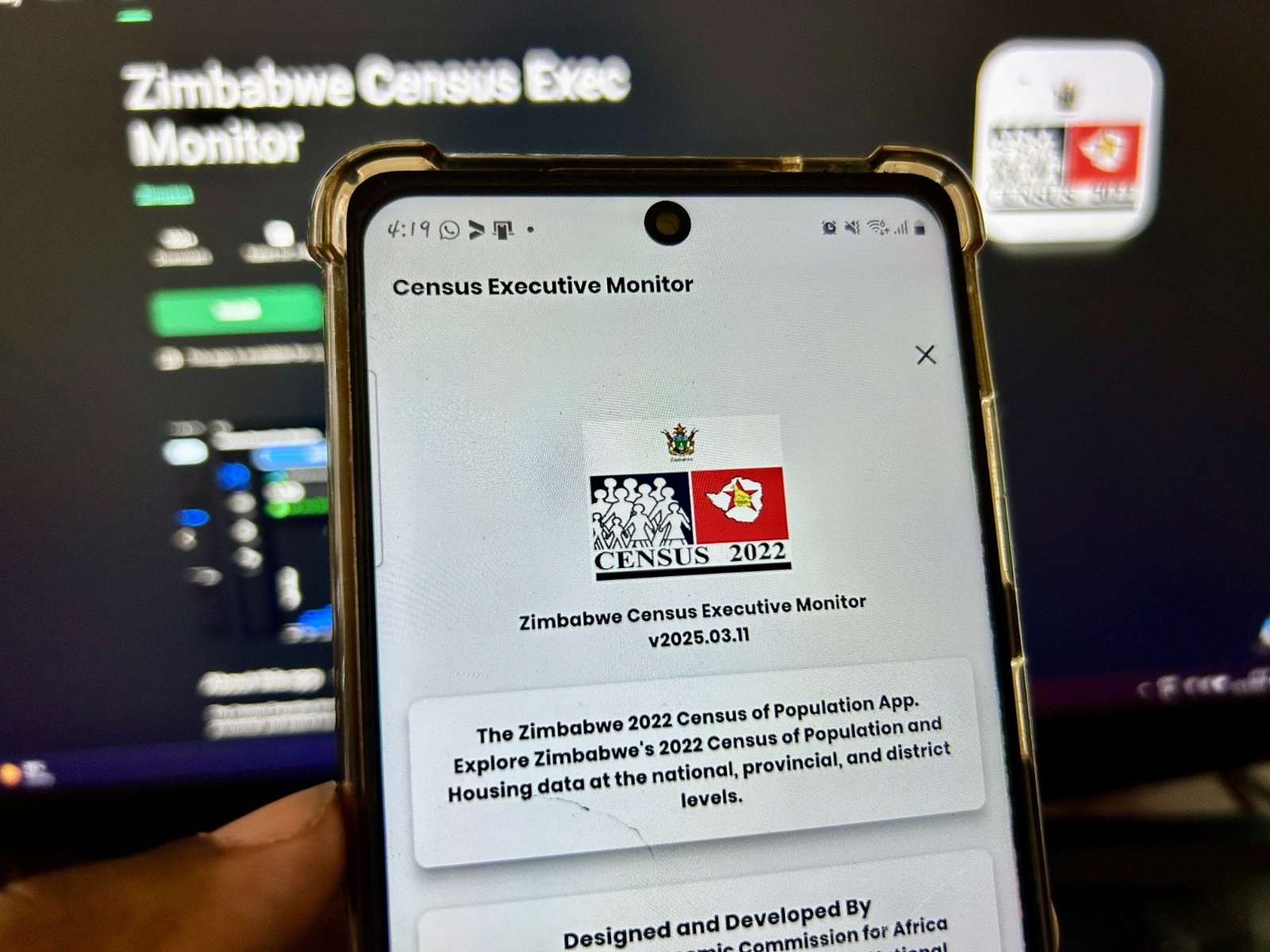This guest post was authored by Maketo Munyaradzi, a Business Analyst with telecoms consultancy firm Rubiem Technologies. He has vast experience working in the SADC region at operators like NetOne Zimbabwe, Africom Zimbabwe, mcel Mozambique, MTL Malawi and Telecom Namibia. In this series of articles, Munyaradzi discusses Fraud and Revenue Assurance in Telecoms.

In the broadest sense, fraud is “a criminal deception intended to gain money or personal advantage”. Fraud is a big problem for many businesses and can be of various types. Inaccurate credit applications, fraudulent transactions, identity thefts and false insurance claims are some examples of this problem.
These problems plague firms all across the spectrum and some examples of likely victims are credit card issuers, insurance companies, retail merchants, manufacturers, business to business suppliers and even services providers.
Fraud Management and Revenue Assurance (RA) in the telecommunication industry are both key factors in maintaining operator’s margins. With the growth in complexity of networks, services and the increasingly sophisticated use of technology by fraudsters, these require an end-to-end approach which proactively identifies future challenges.
For the leading telecommunications operators like Econet Wireless in Zimbabwe with subscribers standing at about 6 million now, and offering various sophisticated services, fraud management and revenue assurance becomes one of the key elements in assuring consistent margins. This also applies to Telecel Zimbabwe and NetOne. The assuring of revenue does not spare the Internet service providers like Africom, ZOL, Yo, Telco and other service providers in ICT.
Even operators just coming to market now like Aptics, which is launching broadband and VoIP services soon, need to launch with Fraud and Revenue Assurance in mind.
With the introduction of the undersea cables such as Eastern Africa Submarine Cable System (EASSy), SEACOM and West Africa Cable System (WACS), international bandwidth prices have come down and this has resulted in the emergence of low priced VoIP services from a number of operators. Rates for both voice and data continue to decline and no operator will ever enjoy the super profits of the 2004 to early 2007 era.
Revenue Assurance is therefore a major concern for all operators. There is a general consensus in management that between 1 to 3% of revenues are unbilled and that between 2 to 6% of billed revenues are unpaid.
Fraud and Revenue assurance management cuts across the whole organization. It looks at the three facets which drive the organization;
- People
- Technology
- Processes
It is about asking questions such as do we have the right skill within the organization, do we have the right technology in place and do we have the right processes. Alarmingly only in developed countries like South Africa will you see the strategic importance of Revenue Assurance practitioners, Fraud analysts and Processes. Zimbabwe is still a laggard and nightmare in the area. Having a fraud and revenue assurance department within an organization entails continuous re-engineering of the whole organization.
The prominent areas of attack and revenue assurance in the organization are;
- Product and Offer Management
- Finance and Accounting
- Customer Management
- Order Entry and Provisioning
- Network and Usage Management
- Partner Management
- Rating and Billing
The three facets; people, technology and processes cut across the above mentioned areas.
Processes are the heart of the organization and map desired technology and the people. They define the customer experience i.e. why should customers choose us. If not well implemented the organization will face leakage of revenue and the top three sources of leakage at the moment are;
- Configuration changes in any of the network elements
- New product development and tariff configuration
- Poor system integration from Switch-Intelligent network- Mediation-Billing Systems (CDR processing cycle)
From the ongoing research by renowned consultants and vendors it shows that market trends will lead to more and more “leakage” risks:
- New billing schemes involving 3rd party content providers
- New network elements, new services (such premium SMS), new service platforms (e.g. Service Delivery Platform)
- Convergence scenarios (pre- post/ paid, fixed-mobile,)
- Mergers and Acquisitions
- Growth of wholesale business
- Advent of data services has created loopholes through which network elements become prone to abuse.
The key challenges faced by revenue assuring in an organization especially our Zimbabwean operators are;
- Lack of accurate and timely information from the business and/or operations
- Absence of automated tools to support RA processes
- Lack of proper authority and influence of the RA function within the organization.
- Most operators do not take it as a priority
- Human resources for this are limited if not readily available
A well implemented Fraud and Revenue assurance model will bring the following benefits;
- Improve financial performance by eliminating mistakes in the processing of transaction data on systems and processes.
- To ensure all technical systems and their processes give almost zero tolerance to revenue loss.
In the next articles we will look at six prominent areas of fraud and revenue assurance, what they entail to an organization, the business processes, business rules and the systems which will make the best fit for combating revenue leakage.














Comments
7 responses
surely this is a cause for concern
Zimbabwe is rife with Fraud at every conceivable level. Private, NGOs, Govt, Schools, Churches, social clubs are all affected. In the 90s we were much more innocent
It’s no even a cause for concern for local companies since artificial leakages are created day in day out.RA is infact a hinderance to fraudulent practices and as such has faced a lot of resistance..
Let’s discuss the typical revenue leakages which are happening within your firms
Munya has started a very important and interesting topic.
In order to understand and implement fraud and revenue leakage in telecoms one has to be conversant with the technical side (down to the specification of hardware and software and how the systems work) and the business process of things such as subscriber acquisition, calling (or usage) pattern of each subscriber, billing, etc.
Fraud in tradition networks includes calling card, call selling, bypass (eg a call from UK appears on your handset with a Bulawayo number), point‐of‐sale fraud, handset theft, internal fraud, and internet user account abuse. The latest generation of networks being deployed in Zim will be subjected to all sorts of network abuse, fraud, and security breaches in many areas including content theft, resale of pirated services and content, mobile money transfers, device cloning, excessive downloads, and VoIP.
Having said all this, I believe common sense will always be the key to fighting telecoms fraud- know that as long as you are telecom operator you are exposed to fraud, know which areas more exposed and the size of the loss if you get hit by criminals, put in place mechanics to ensure that as many subscriber pay their bills.
Revenue Assurance involves identification and
prevention of revenue leakage in the telecom operator’s revenue chain to ensure revenue growth, profitability and margin management. This is more like an audit of the value chain with the sole aim of plugging loop holes that prevent you from collecting some of your revenue, eg, a subscriber is making phone calls from a contract line but their name is not in the list of postpaid subscribers, or is enjoying downloads of 1024/256k when he is paying for 256/64k.
Revenue Assurance will be very important in Zimbabwe’s competitive landscape as operators are fighting to introduce, change, and deploy products, services and technologies every now and then as any change in the network architecture will cause some changes in other parts of the network and business processes.